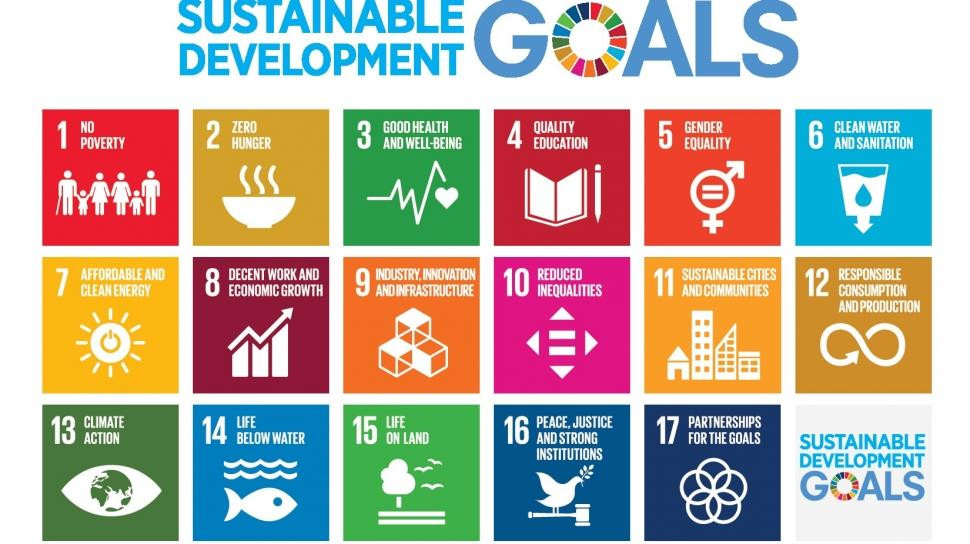Popular Reads
Top Results
Can't find what you're looking for?
View all search resultsPopular Reads
Top Results
Can't find what you're looking for?
View all search resultsDiscourse: Indonesia must go back to basics for COVID-19 recovery: UN official
Vulnerable groups are those that are just a little above the poverty line and are prone to falling into poverty due to external shocks from the pandemic. It also includes women because not only do they work in the informal sector but they also have to share the burden of taking care of the family.
Change text size
Gift Premium Articles
to Anyone
T
he United Nation's secretary-general issued a policy brief on Thursday commending Southeast Asia for acting swiftly against COVID-19. But it warns that these early successes must be translated into addressing the serious socioeconomic setbacks that threaten to further deepen inequalities across the region. United Nations Economic and Social Commission for Asia and the Pacific (UNESCAP) executive secretary Armida S. Alisjahbana talked with The Jakarta Post’s Made Anthony Iswara through a teleconference call about the report’s findings and recommendations for Indonesia’s COVID-19 response.
Question: UNESCAP's latest report highlights the disproportionate impact of the pandemic on vulnerable groups in Southeast Asia. What are some of your concerns for Indonesia, specifically, on how the pandemic will affect the country in the months to come?
Answer: The impact, especially the socioeconomic impact, hits the vulnerable groups the hardest.
Vulnerable groups are those that are just a little above the poverty line and are prone to falling into poverty due to external shocks from the pandemic. It also includes women because not only do they work in the informal sector but they also have to share the burden of taking care of the family.
Other groups include people with disabilities and migrant workers, who are returning to the villages because there are no jobs in the city. And you can imagine, this is not only in Indonesia but also in all countries.
The pandemic might also have an extraordinary impact on education in Indonesia. Imagine how many students there are who have to suddenly go online but are not ready because they do not have access to enough electricity for their laptop use. Some of them do not even have mobile phones.
So aside from the socioeconomic impact, I specifically highlight that education especially concerns the younger generation – not only for Indonesia, of course. If it is prolonged with inequality in access to information and technology infrastructure, this pandemic will have a big impact. Therefore, we must pay special attention to this.
The report includes Indonesia among countries that are vulnerable in times of viral outbreak due to its weak health system. What are some of the flaws that Indonesia's health system still needs to work on in the face of the pandemic?
I refer to the indicators in the report for the health system, including the number of doctors, nurses, midwives and hospital beds per 10,000 people and health expenditure as of 2016. We are at the lower-medium or the low category in terms of COVID-19 preparedness.
The reason why containment in Indonesia and many other countries is still unsuccessful is because of population mobility issues, and it is very difficult for large countries like Indonesia, India, Pakistan and Bangladesh to contain the virus. These are countries with a large population, a health system similar to Indonesia, high population mobility and high population density in cities. As a result, the virus easily spreads, so as long as they do not overcome these issues, it will be difficult for them to contain the virus.
It can also be compared with Southeast Asian countries that are doing better and have a large population, such as Thailand, which has been relatively good at handling COVID-19. Malaysia, even though at the beginning there was a grand tabligh (religious gathering) that worsened the virus spread, had since overcome it well too. Then, there’s also Vietnam.
Taking into consideration the local context, how should Indonesia plan its recovery for a more sustainable, resilient and inclusive future?
In the national context, Indonesia has to prepare itself – and I think this is very clear in the policy brief – to seek ways to tackle inequality. Simply put: Go back to the basics. This pandemic teaches us to go back to the basics and address them.
Therefore, all basic infrastructure services have to be addressed and this is all included in the Sustainable Development Goals (SDGs). For example, how can you ask someone to wash their hands regularly if they don't even have clean water? How can people carry out online learning without enough access to electricity?
Then there’s the digital divide. This includes infrastructure access and literacy among small and medium enterprises so that they can sell their products online, as well as teachers for education, and the change of mindset. And this needs investments.
There is also greening the economy at all levels. It needs to be internalized starting from the planning. Specific to Indonesia, green recovery can include oceans in addition to land as it is a country with an archipelago.
Going forward, how should Indonesia approach its regional partnerships to accelerate the containment of COVID-19 in the region?
We appreciate Indonesia for taking many initiatives, including in the ASEAN context. And ASEAN has also been doing well. Indonesia has also partnered with a number of groups of countries that have the same interests and commitments as Indonesia for breakthroughs, such as vaccines.
There's also a broader context of Indonesia, ASEAN and the rest of the Asia-Pacific. As the regional commission for the Asia-Pacific, we are welcoming, inviting and looking forward to Indonesian leadership and participation for several of our initiatives, especially to build back better on the way to recovery.










